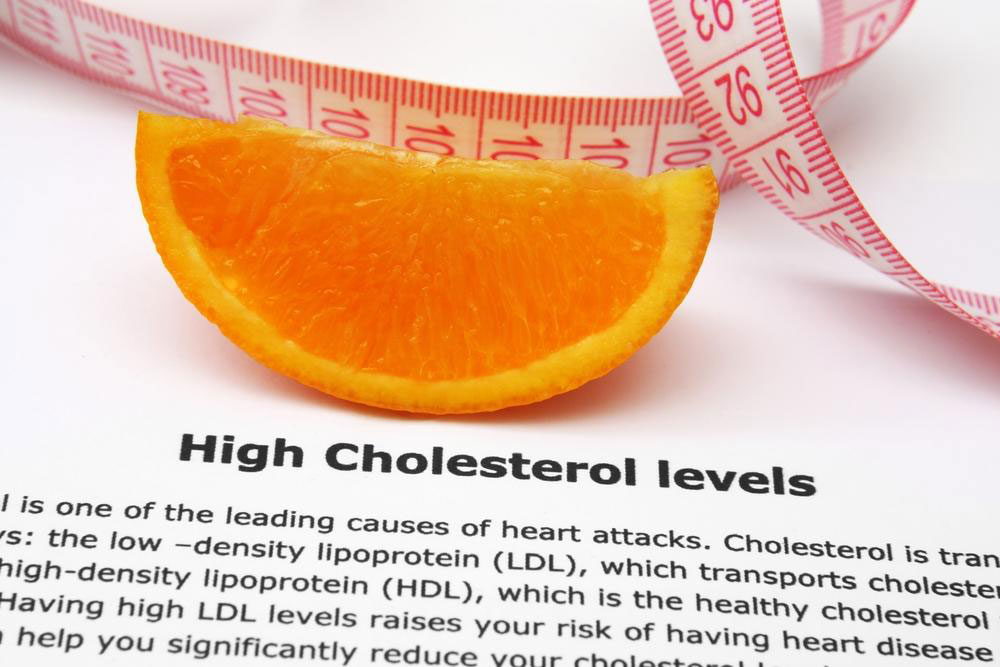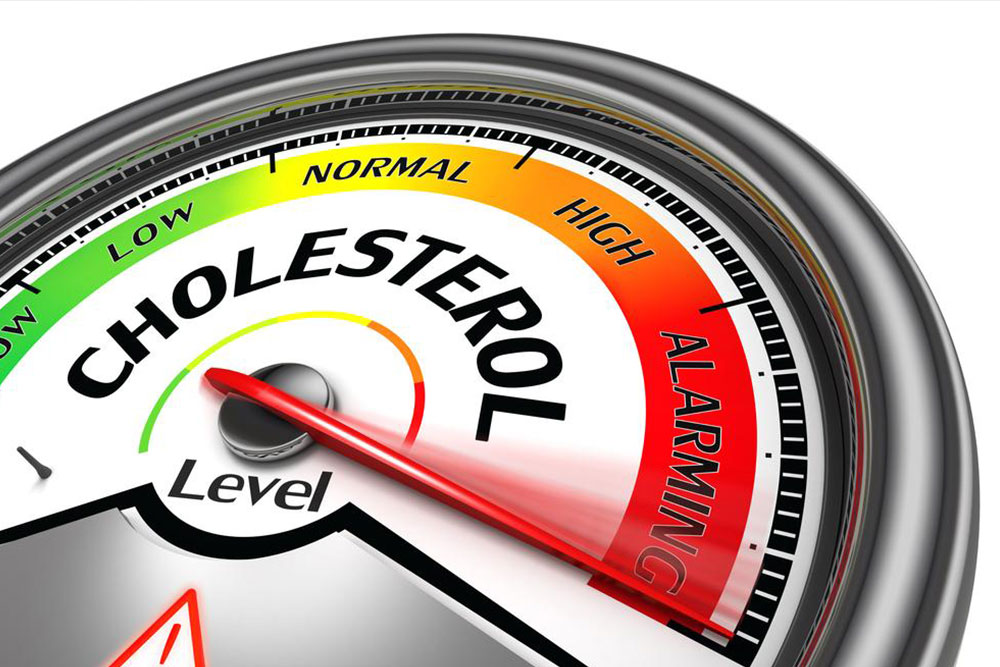Comprehensive Guide to Preventing and Clearing Arterial Blockages for Better Heart Health
This comprehensive guide explores effective strategies to prevent and clear arterial blockages, emphasizing lifestyle changes, early detection, and medical interventions. Proper arterial health is crucial for preventing strokes and heart attacks, making awareness and proactive management essential for long-term well-being.

Comprehensive Strategies to Prevent and Clear Arterial Blockages for Improved Heart and Brain Health
Cardiovascular health is a critical aspect of overall well-being, and one of the common threats to this health is arterial blockage, which can lead to severe health consequences such as strokes and heart attacks. Statistically, nearly 50% of strokes in the United States are caused by blocked arteries, underscoring the importance of understanding how to prevent and effectively clear these obstructions. Arteries are vital blood vessels that transport oxygen-rich blood from the heart to various organs throughout the body. Among these, the carotid arteries located on either side of the neck play a crucial role, supplying blood to the brain, which is integral to our speech, cognitive functions, and personality traits.
Detecting arterial blockages early can be challenging because symptoms often only manifest once the blockage has become significant. Recognizing early signs such as sudden numbness, dizziness, intense headaches, difficulty speaking, or weakness can be lifesaving, allowing for prompt medical intervention. Early diagnosis, combined with lifestyle modifications and medical treatments, can significantly reduce the risk of severe complications.
Preventing arterial blockages begins with adopting a heart-healthy lifestyle. Managing chronic health conditions such as diabetes, hypertension, and heart disease is paramount, as these conditions greatly increase the risk of plaque buildup in the arteries. Regular physical activity, including aerobic exercise like walking, cycling, or swimming, helps improve circulation and maintain arterial flexibility. Quitting smoking and limiting alcohol consumption are essential steps, as both habits contribute to arterial damage and plaque formation.
Maintaining a healthy weight through balanced nutrition also plays a vital role. Incorporate plenty of vegetables rich in antioxidants and fiber—such as spinach, broccoli, asparagus, and kale—into your diet. These foods help reduce inflammation, improve lipid profiles, and keep arteries clear. Reducing intake of saturated fats, trans fats, and processed foods can further lower cholesterol levels, decreasing the risk of plaque formation.
In cases where arterial blockages are severe or multiple, consulting a healthcare professional is necessary. Medical interventions may include minimally invasive procedures like angioplasty and stenting, or more invasive options such as bypass surgery, designed to restore proper blood flow. These treatments, coupled with ongoing lifestyle modifications, can significantly improve long-term vascular health.
Beyond lifestyle changes, periodic screening through ultrasound, angiotomography, or other diagnostic tools can help monitor arterial health. Early detection and proactive management are key to preventing the progression of plaques that could lead to strokes or heart attacks. Therefore, awareness, regular health check-ups, and a proactive approach to heart health are essential components for a healthy, artery-optimized lifestyle.
In conclusion, safeguarding your arteries through a combination of healthy habits, medical check-ups, and timely medical intervention can immensely reduce the risk of life-threatening events. By understanding the importance of arterial health and taking action early, individuals can enjoy better overall health and a longer, more vibrant life.





